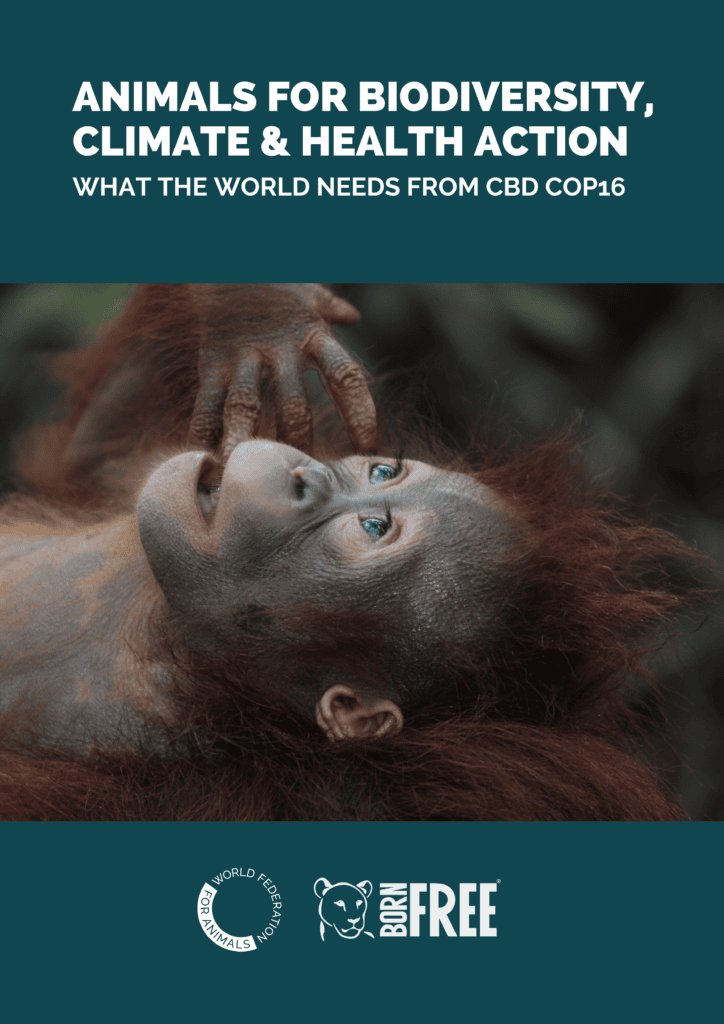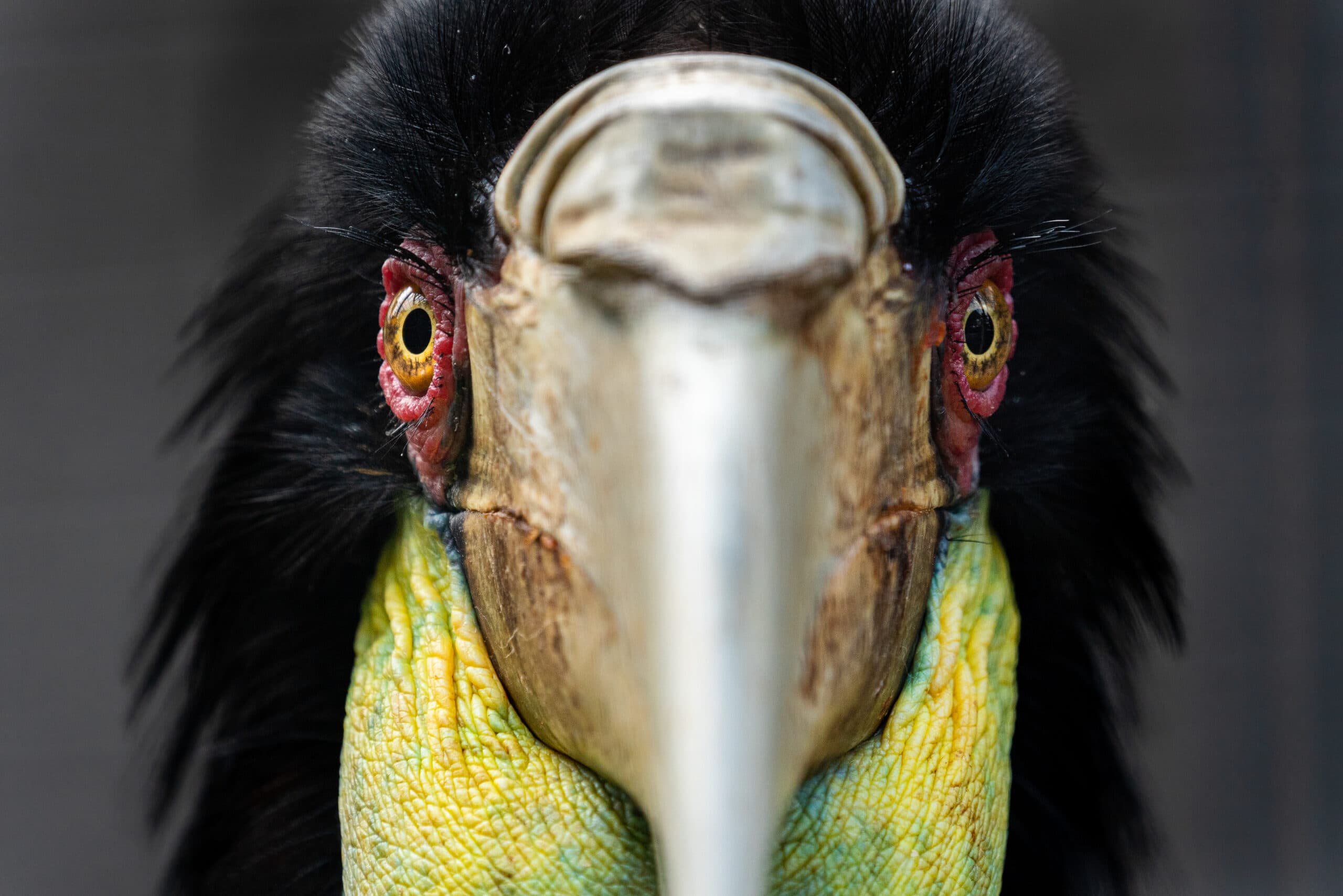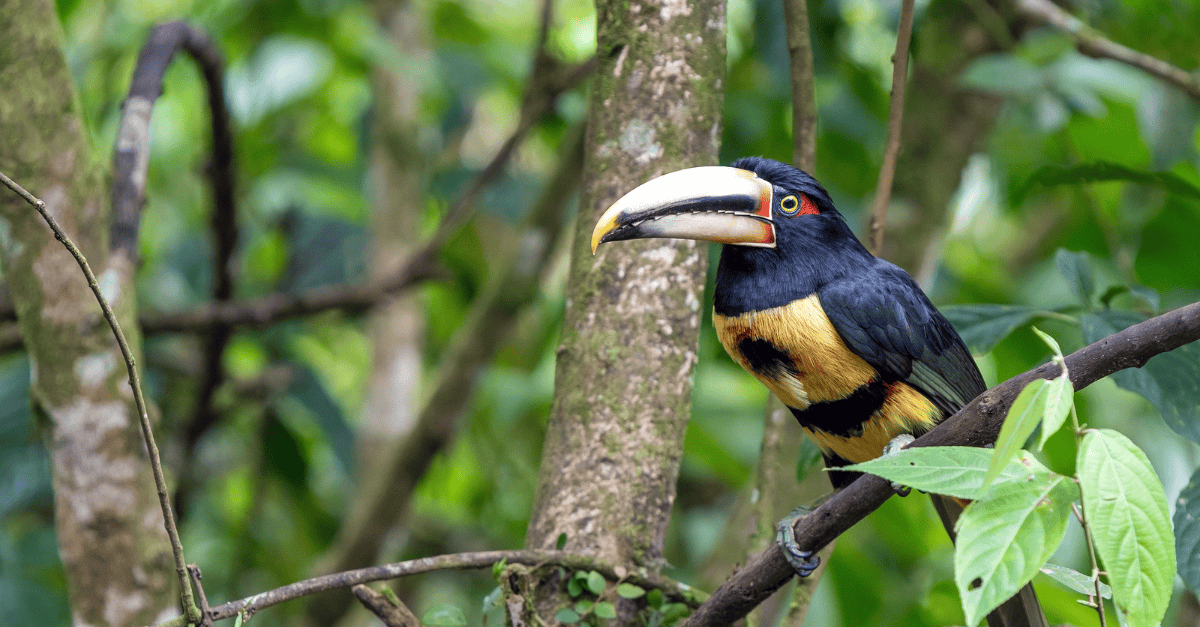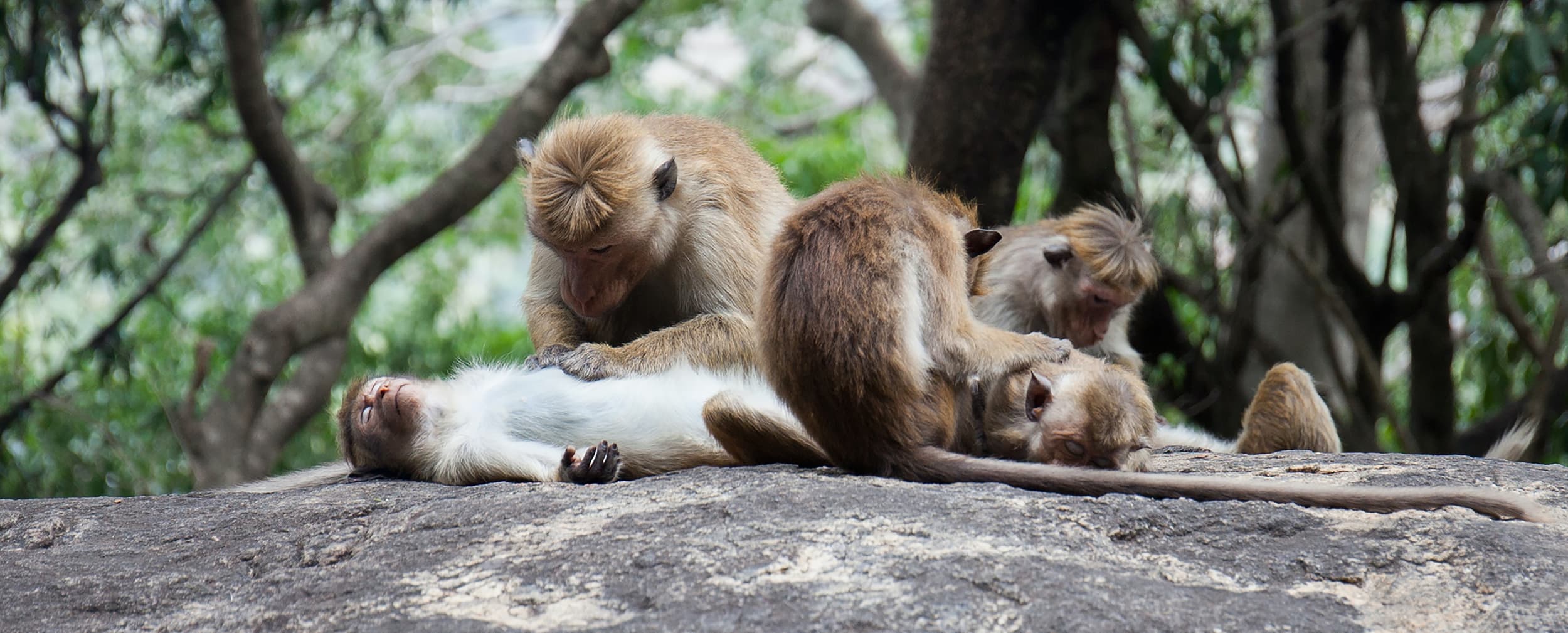Protecting biodiversity, climate, and animal welfare
The upcoming 16th meeting of the Conference of the Parties (COP16) to the Convention on Biological Diversity (CBD) marks a critical juncture in global biodiversity efforts. As the world faces the twin crises of biodiversity loss and climate change, COP16 presents an opportunity to address these challenges through a holistic approach that places animal welfare at the heart of sustainable solutions.
From 21 October to 1 November 2024, representatives from 196 countries that have ratified the CBD will gather in Cali, Colombia. With COP16 being the first time they meet since adopting the Kunming-Montreal Global Biodiversity Framework (KMGBF), countries have a packed agenda full of draft decisions to discuss and adopt to halt and reverse biodiversity loss. At WFA, together with the Born Free Foundation, we have examined these through the lens of animal welfare. Below are our key recommendations on what the world needs from COP 16.
Key recommendations for COP16
Our recommendations focus on ensuring that policies across biodiversity, climate, and health sectors acknowledge and incorporate animal protection. These priorities are designed to create synergies between biodiversity, climate action, and health, ensuring that policies address the interconnected nature of these global challenges.
- Strengthen mechanisms for monitoring and reviewing the KMGBF COP16 must fill gaps in the KMGBF monitoring framework by developing robust indicators on the harvesting, use, and trade of wild species. Reducing high-risk practices, such as commercial wildlife markets, is essential for safeguarding ecological sustainability and public health.
- Incorporate diverse values of biodiversity Decision-making should reflect the diverse knowledge and value systems that contribute to ecosystem health. Prioritizing intrinsic values, alongside ecological and economic benefits, can drive transformative change that allows people and nature to thrive together.
- Promote humane and sustainable wildlife management Wildlife management must be humane and ecologically sustainable. COP16 should ensure that new tools and policies prevent species exploitation and promote wildlife welfare as a central component of biodiversity conservation.
- Operationalise humane management of invasive species COP16 must prioritise humane, preventative approaches to managing invasive alien species. Recognising the sentience of these animals and aligning with global conservation goals is essential for managing invasive species effectively and compassionately.
- Adopt a holistic approach to health, biodiversity, and animal welfare The adoption of the Global Action Plan on Biodiversity and Health at COP16 must include prevention-based actions that address the drivers of zoonotic disease emergence. The One Health approach, which recognises the connections between biodiversity, health, and animal welfare, will be essential to addressing these challenges.
- Acknowledge the role of wildlife in climate change mitigation Wild animals play an essential role in ecosystem functions, such as carbon sequestration, which help mitigate climate change. Policies must protect both wildlife and ecosystems while transforming food systems to reduce greenhouse gas emissions. This will support both biodiversity and climate goals.
WFA on the ground at COP16
The World Federation for Animals will be present at COP16, actively engaging with policymakers to advocate for the inclusion of these recommendations. Our goal is to ensure that animal welfare is recognized as essential to the protection of biodiversity and climate action. We will be working closely with international partners to drive meaningful change that benefits animals, ecosystems, and communities worldwide.
You can read our position paper below for a full overview of our recommendations.






